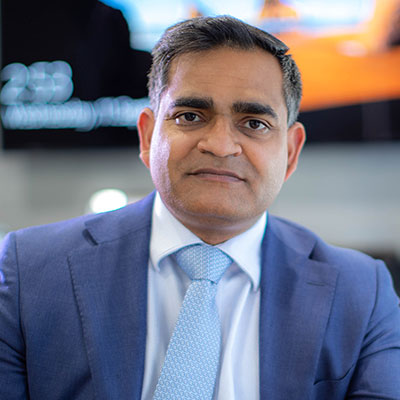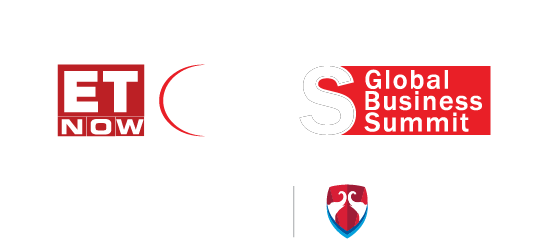Rupesh Singh

Rupesh Singh is the founder and Group CEO of the award-winning Education Centre of Australia (ECA) that employs over 600 people globally and delivers courses in vocational as well as higher education to over 8,000+ students every year.
Rupesh has previous commercial success in sectors including Corporate Development, Operations, Marketing and Sales, Banking and Finance, and Project Management. He has forged an enviable reputation for a deep understanding of the education market and a strong respect for his staff, which he regards as family. “Having to make my way as an international student in my early years in Australia gave me an abiding passion for being able to change lives through education as the great enabler in life. It has been gratifying to build a global business that offers education products across the full value chain, from English courses, Certificate to Masters programs, university partnerships with Victoria University, Swinburne University, University of Canberra, University of Tasmania, internships and online study.”
Throughout his business career, Rupesh has demonstrated an astute judgement for business sustainability and growth within education, which he attributes to his intellectual curiosity, entrepreneurial spirit and loyal, hardworking team. “My greatest satisfaction is seeing our staff and students grow and do well as ECA grows. Our team are a highly driven group of advocates who have a great understanding of education market dynamics and they love providing a great experience to our students. Our biggest motivation is to give education opportunities to as many people as is practical in all the markets we operate in.”
Background
Prior to starting his own educational institution, Rupesh worked with Fortune 500 and multi-national corporations, including Oil and Natural Gas Corporation, Essar Steel Ltd, and Global IT Australia Pty Ltd. In 2001, with a small task force, he successfully established an IT company which provided solutions to small and large enterprises, and the company eventually became a Gold Partner of Microsoft and worked with multinational IT companies.
Since 2006, Rupesh has been running a number of educational institutions, including Asia Pacific International College (APIC). His parent company, Education Centre of Australia (ECA), has expanded into the international education market, setting up offices in India and the United Kingdom, with plans for further expansion.
During his impressive career, Mr Rupesh Singh has met with numerous notable figures, including politicians, athletes and academics. In 2018 he met with the Honourable Prime Minister of India, Mr Narendra Modi to discuss higher education in India as well as various sport training opportunities and Smart City concepts. This was their second meeting since Rupesh Singh founded ECA.
